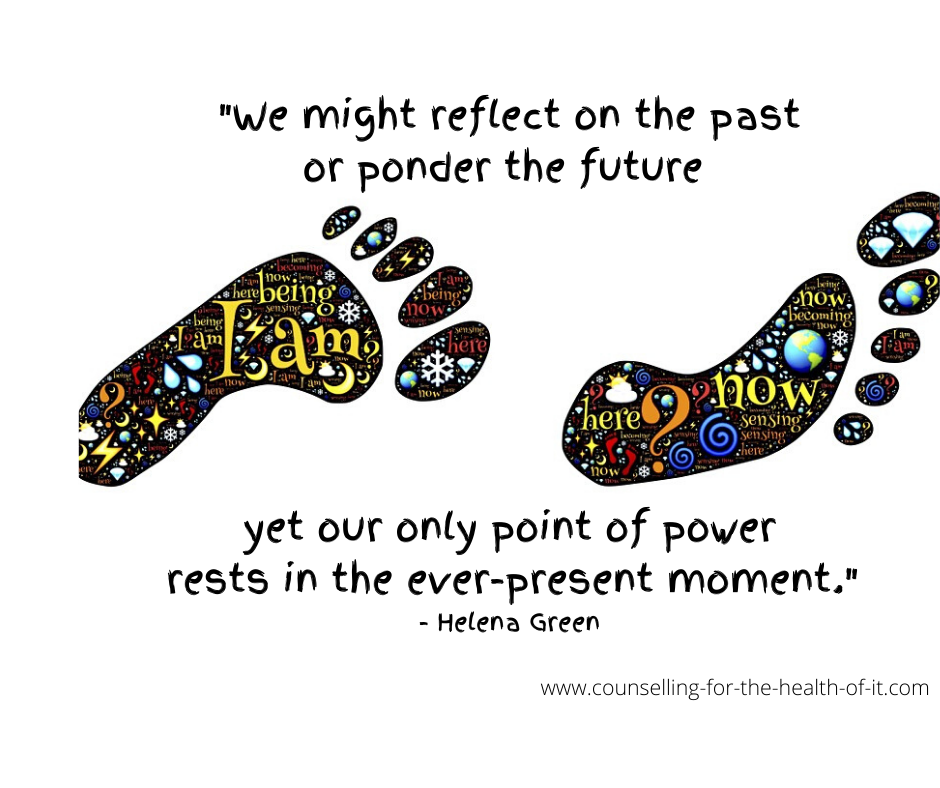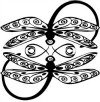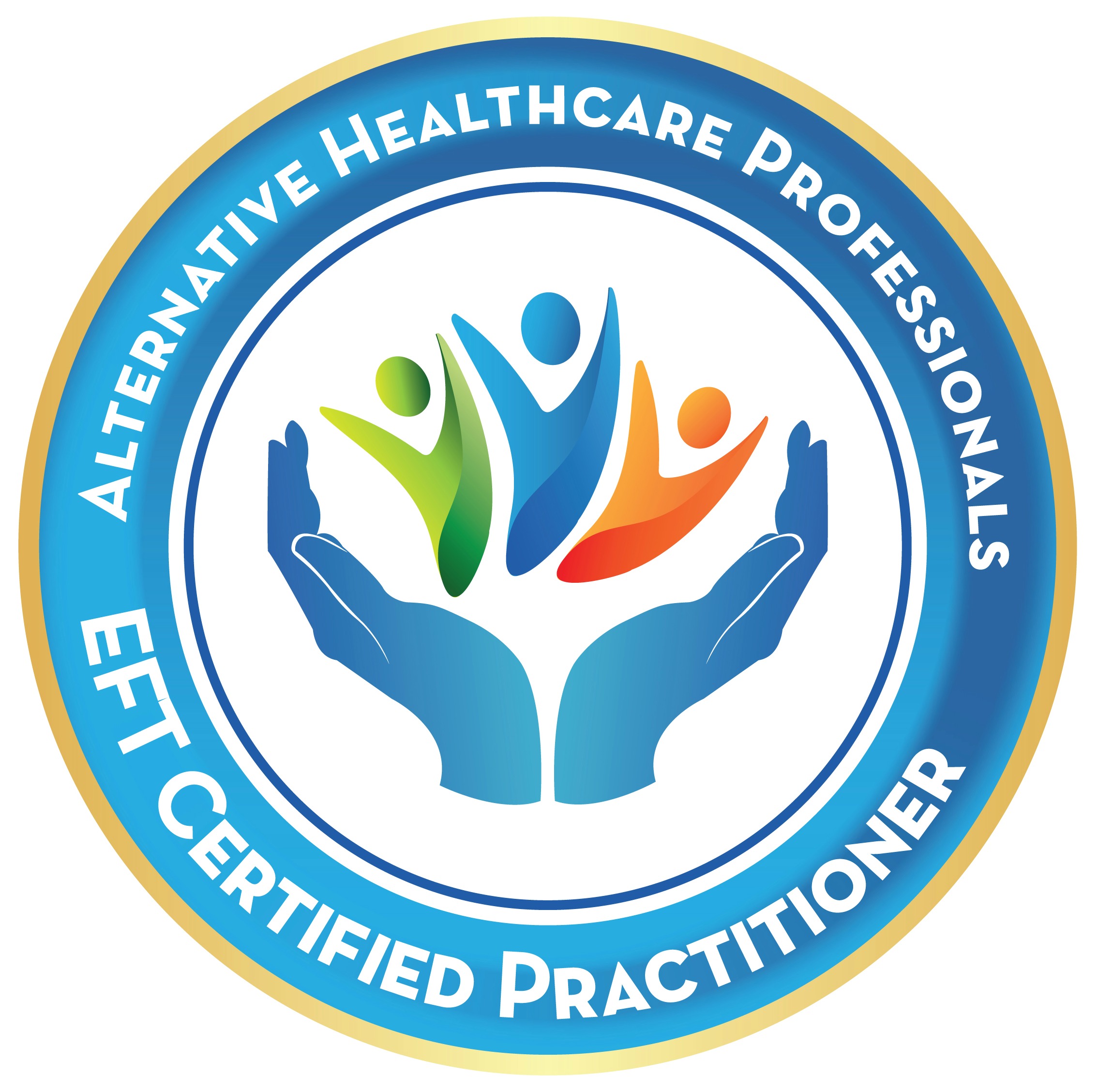Home > Blog > There's Purpose & Then There's Purpose
There's Purpose & Then There's Purpose

At some point in our lives, we reflect on what our purpose might be. If we haven’t done that before we hit our mid-life crisis (or when a pandemic takes us to our knees), it most certainly promises to be part of our process then. Knowing one’s purpose is often a life-long personal search. Some lucky ones (I’m thinking of Olympians) know early on what their purpose is. We all want to know why we’re here. We rally around these big questions. Yet when we talk about purpose, is there a difference between what we deem to be our life’s purpose and what it means to live on purpose?
According to outstanding teachers such as His Holiness the Dalai Lama and Abraham-Hicks, our ultimate life purpose as individuals and as a species is to be happy. His Holiness the Dalai Lama, the world’s Buddhist leader, would say that the pursuit of happiness is an inevitable challenge since happiness is our birthright. In Buddhism, the Four Noble Truths guide the way. Simply put, these are 1) life is suffering, 2) the cause of suffering is attachment, 3) the cessation of attachment is the key to Nirvana, and 4) we achieve this end via the Noble Eightfold Path (this involves steps in wisdom, moral conduct and contemplation).
Well-renowned New Age teacher, Abraham-Hicks, agrees that joy is our natural state of being. It is only our convoluted ways of blocking ourselves from universally sanctioned wellbeing that need be overcome. Abraham-Hicks depicts a ladder of varying levels of emotions (including anger and despair) that diverge from joy, with joy constituting the top rung, in portraying our earthly process. The ladder represents a sort of map to gauge where we are in the moment in relation to our destination and natural state of being - joy.
So whether your angle is in thought, as in Buddhism or in feelings, as per Abraham-Hicks the consensus is that the end-game in purpose is plainly and simply, happiness.
That’s all very well and good, yet joy is a hard thing to hold on to when you’re up to your ass in alligators. In other words, while joy appears to be our destiny, that notion situates our purpose in the future. In our present awareness, the moment of now is the only point in time that we experience. We might reflect on the past or ponder the future, yet our only point of power is in the ever-present moment. So we need to be able to rally around something in our experience as we live it.
That brings us to the matter of living on purpose. From this vantage point, we primarily look within rather than up the road to the horizon of the future. Our immediacy is how we experience our world right now. What are we thinking and feeling about as we navigate events, relationships and silence? How do we act in response? It’s interesting that these questions inform and punctuate our purpose as an action versus a state of being.
When I think of living on purpose, I relate to many sages who tout the necessity of being grounded and authentic in every moment. Spiritual guru, Eckhart Tolle talks about the need to punch through our illusions of the ego (dysfunctional mind) to find “the Power of Now.” Tolle warns that people are often and easily “lost in their minds” when they are mired in anger and unhappiness. His focus is “awakened doing” whereby our outer purpose (our day to day actions) is aligned with our inner purpose (becoming awake and staying awake). He goes on to cite three modalities by which we achieve awakened doing, i.e. acceptance (surrender), enjoyment (bliss) and enthusiasm (putting your whole heart into what you’re doing). The profound bonus is that as the “unconscious” individual becomes conscious, the masses are inevitably following the same process. The whole world is thereby transformed from strife into peace.
The famous anthropologist, Joseph Campbell, put it succinctly when he said, “Follow your bliss.” That means that when we are doing what you absolutely love to do, the universe, society and everything in our world resonates with us in harmony. Through our focus, our lives seem to be fed by everything around us. Our doing and being become one in a glorious joy-filled spiral. Campbell postulated that once people have found their passion in their career – a joy-filled focus in a human’s life, the instant reward is found in both momentary happiness as well as life’s unfolding purpose.
It would appear that life is not an armchair sport. It follows that, contrary to the notion that purpose is a reified subject; purpose and meaning are situated in a mind/body collaboration that is action-based. As we experience our world, our minds are only tools by which we may achieve the awareness necessary to get what it’s all about. As Tolle teaches, this inner purpose is a platform that illustrates that it is, “not what you do, but how you do what you do (that) determines whether you are fulfilling your destiny. And how you do what you do is determined by your state of consciousness.”
So while our life’s purpose and living on purpose seems a bit different from each other, in the end, everyone’s on the same page. Joy doesn’t wait for us after a lifetime of sadness. Whether it’s a concept, a philosophy, a practical tool, a destination or a way of spiritually being, wise people agree on a pivotal axiom - we joy our way to joy.
|
Helena Green, RPC MPCC EFTCP CCIP Master Practitioner in Clinical Counselling Registered Professional Counsellor Certified Compassionate Inquiry Practitioner Certified Energy & Somatic Psychology phone:(780) 758 8333 Counselling for the Health of It We acknowledge that we work on Treaty 7 land and on the traditional territories of the Métis and Treaty 6, 7 and 8 people whose footsteps have marked these lands for generations. |
Return to Home




